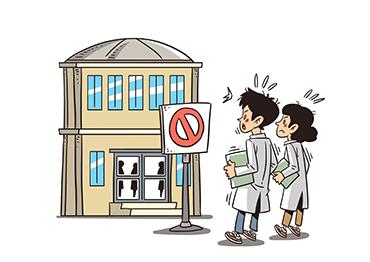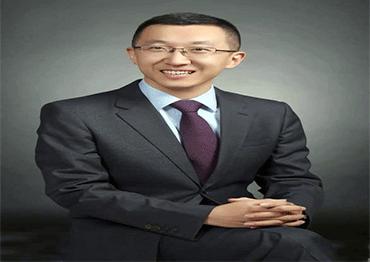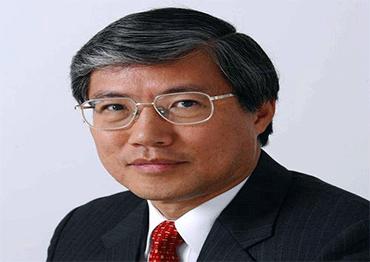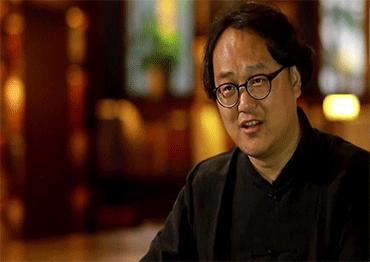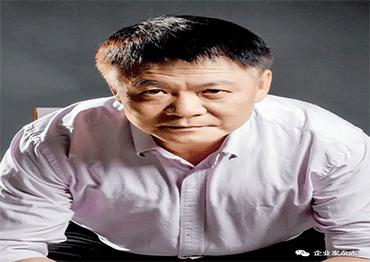“Politicizing and manipulating educational cooperation will not only prevent students from chasing their dreams and force them to change their life plans, but also drain the talent pool of the United States, poison its research environment and chill innovation. If normal people-to-people exchanges are cut off, how can the two major countries maintain and develop their relations?”
Xie Feng, Chinese Ambassador to the US, urging the US to stop the groundless interrogation, harassment and repatriation of Chinese students during an event in celebration of the 45th anniversary of China-US student exchanges and the 2024 Spring Festival Gala for Chinese and American youths on January 28
“Young Chinese people are increasingly confident, and such confidence should be based on a full understanding about the world and other cultures. Otherwise, that confidence is perhaps more of an arrogance. We have to view everything with broadened vision and encourage more people to go out and play a greater role in international fields and positions.”
Zhang Chao, director of the Student Career Development Guide Center of Tsinghua University, arguing against the recent stigmatizing of studying overseas as “unpatriotic” in an interview with news portal The Paper in late January
“The construction industry has become a major part of the Chinese economy, the gross output of which makes up 26 percent of total GDP... China faces not only balance sheet issues, but also the decline of the construction industry, which is actually a decline of the brick-and-mortar economy.”
Gu Chaoming, chief economist at Japanese think tank Nomura Research Institute, in an interview with news portal guancha.cn in late 2023
“I think we have to break with the idea that Chinese people are conservative and traditional. It’s not true. Instead, Chinese people are innovative and self-starters. Their innovation is inspired by traditions, just like their civilization. Besides, Chinese people are open, frank and tolerant.”
Gao Shiming, president of the China Academy of Art, in a TV program about Chinese culture hosted by Shanghai- based Dragon TV on January 22
“We cannot persuade everyone to have children because we are losing the demographic dividend. The purpose of the demographic dividend is to ensure a better life for the existing Chinese population.”
Wang Zhonqqiu, director of the China Refine Management Institute, in a video posted to his personal Douyin account saying that authorities and society should understand why more people are opting not to have children
“To keep the progress toward greater multipolarity generally stable and constructive, we call on all countries to uphold the purposes and principles of the UN Charter, adhere to universally recognized norms governing international relations, and practice true multilateralism. This is not to overturn the current system or start something new, but to ensure its long-term development.”
Fu Cong, Chinese Ambassador to the EU, in his article Closer China-EU Partnership: Adding Positive Energy to a Turbulent World published by Belgium-based media outlet Euractiv on January 18
“From accusing Chinese IT manufacturers of leaving ‘backdoors’ in their products to calling Chinese cranes ‘Trojan horses’ that collect intelligence and blaming China-produced EV cells for harming US national security, some US politicians have been blowing up the bubble of ‘China threat,’ while exposing their real aim of suppressing China’s development in the name of national security. For those US politicians, anything advanced from China can be a ‘threat’ and must be stopped by all means; perhaps shirts and socks are the only type of Chinese exports that do not threaten the US. This is sheer bullying and hegemonism.
Wang Wenbin, spokesperson of China’s Ministry of Foreign Affairs, in response to a question from Reuters about two US Congress committees’ looking into the relationship between a Chinese firm and Swiss engineering group ABB. The Chinese firm has reportedly installed ABB equipment onto ship-to-shore cranes bound for the US
“The primary issue with China’s debt is that too much of it is spent on investments that do not benefit the people and households. While lots of government debt has resulted in the creation of assets, many of these assets lack liquidity and are not easily recouped.”
Zhang Jun, director of the School of Economics at Shanghai’s Fudan University, in an interview with The Paper in January
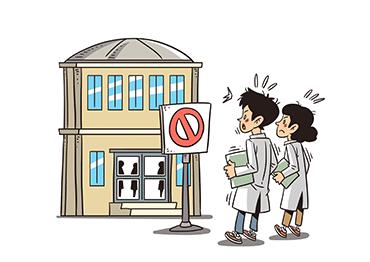
 Old Version
Old Version
